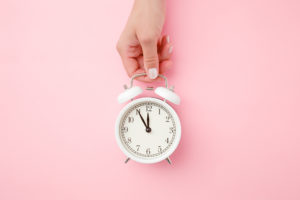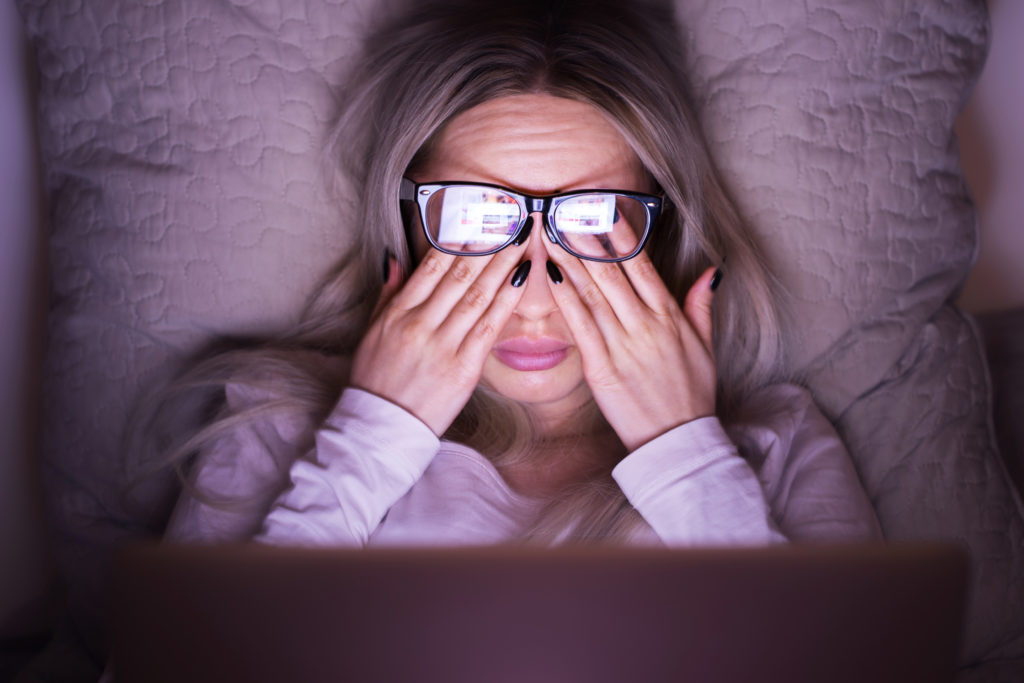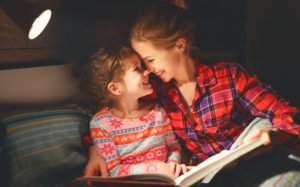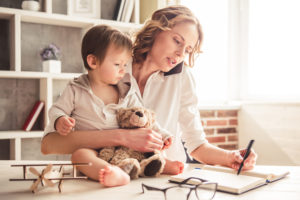
Are Screens Stealing Your Sleep? Quick Tips to Reduce the Effects of Blue Light
Last updated on August 7th, 2024 at 12:47 pm

If you find yourself tossing and turning at night or struggling to get up in the morning, the culprit might be something you’ve never considered: blue light.
Blue light is the type of light emitted by electronic devices such as smartphones, tablets, and laptops. While it’s true that blue light can be beneficial during the day, helping to keep us alert and energized, it can have negative effects on our sleep if we’re exposed to it at night.
Too much screen time in the evening can suppress the production of the hormone melatonin, which regulates our sleep-wake cycle. This means that our body may not be ready for sleep even when we’re trying to wind down for the night, and we may have trouble falling asleep and staying asleep.
“The body rejuvenates itself when we sleep — and this function of being unplugged and letting the system do its job properly is important,” says board-certified family physician Payam Hakimi, noting that young kids especially need more sleep to support their physical and mental development.
Not getting enough sleep can have serious consequences for our health, such as problems with daytime fatigue, focus, and mood. But unfortunately, it’s also children who are most at risk from excessive blue light exposure. According to a recent study from the French Agency for Food, Environmental and Occupational Health & Safety known as ANSES, the eyes of children and teens absorb more blue light than adults from digital devices.
“While difficulty falling asleep or staying asleep can have many causes, light exposure is certainly one of them,” says Dr. Hakimi. He recommends several things you can do to limit blue light and improve your sleep quality in your household.
- Turn off your devices (or block out blue light if you can’t). Put away electronic devices in the hour or two before bed. Or if you need to use them, set the screen to “night mode” or use blue light glasses to block the light.
- Consider bedroom lighting. Did you know LED and fluorescent lights emit more blue light than other bulbs? Opt for kinds that are coated or labeled “warm white,” which are less harsh on the eyes and better for sleep. For bedside lamps or nightlights, try using a red bulb. This color is said to have no effect on the circadian rhythm.
- Get support from homeopathy. If you still have trouble falling asleep, it’s nice to have extra support when you need it. Dr. Hakimi recommends a homeopathic sleep aid like SleepCalm, which is melatonin-free and non-habit forming. Its blend of plant-based and other pure active ingredients work gently to relieve occasional sleeplessness or restless sleep.* And there’s also a liquid dose formula just for kids. For soothing relief of dry eyes and eyestrain after long hours of staring at a screen, there’s Optique 1 eye drops.
Don’t underestimate the power of blue light. By taking these steps to limit your exposure at night, you can help improve your sleep quality and overall health. So, the next time you’re tempted to scroll through social media late at night, remember that your sleep is important, and it’s worth making small adjustments to protect it.
*Claims based on traditional homeopathic practice, not accepted medical evidence. Not FDA evaluated.
Share article:
Related Articles:



Stressed Out and Sleepless in America: New Findings on Parenting and Work Stress



